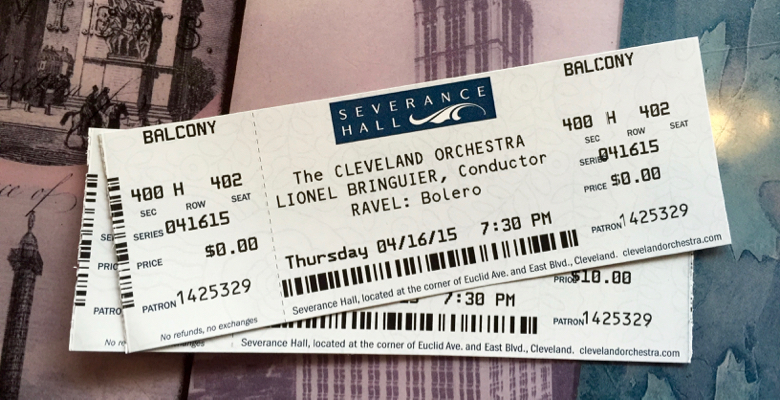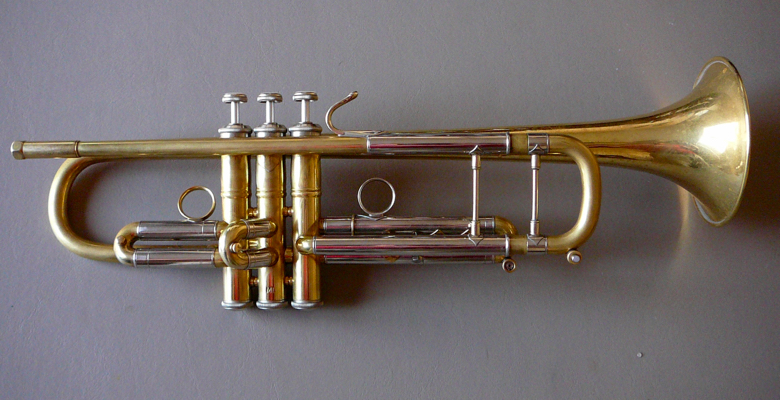14 Questions about Leadership
 Looking west from Paseo del Volcan, Albuquerque, NM
Looking west from Paseo del Volcan, Albuquerque, NM
Not all leaders are anointed, headhunted, or groomed. Now, more than ever, anyone who decides to lead is a leader.
Which means the next question has to be:
Is leadership an obligation?
- If you can help someone who’s facing a problem you’ve faced in the past, is it okay if you decide not to?
- If you have insight to share with your colleagues and you keep it to yourself, is that fine?
- If you could push for positive change but you choose instead to preserve the status quo, is there a problem?
- If you could recommend a book or podcast to someone who needs some inspiration, are you failing them if you do nothing?
- If you could have a frank conversation with a friend who needs to hear some hard truth, should you?
- If you could be building skills that would help you change your entire industry in ten years, do you have to?
- If you’ve spent 25 years accumulating deep institutional memory and you choose not to share it with your new boss, is that acceptable?
Questions like this make us uncomfortable. Here’s another way to ask the same questions:


 From Gaston DuFresne’s Develop Sightreading. This book is full of discomfort.
From Gaston DuFresne’s Develop Sightreading. This book is full of discomfort.